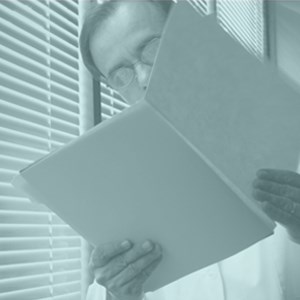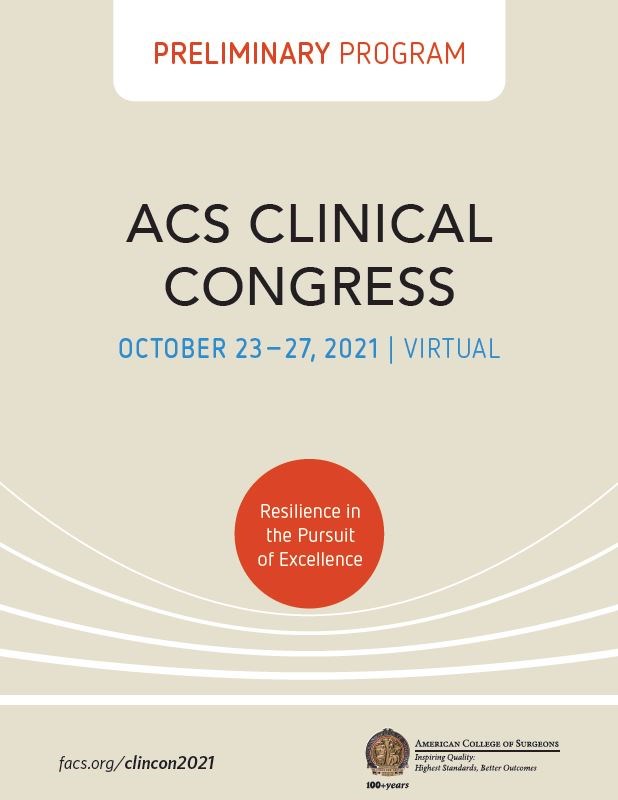Do It Now—Don’t Wait
When Dr. Epstein entered medical school, he was a few years older than the typical student. With that real-world experience under this belt came the desire to do something significant to enhance surgical patient care—and sooner, rather than later.
“I wanted to be able to do work that would make the world a better place,” he said. “And I remember thinking, ‘I've heard of so many doctors and surgeons who do that, but they do it at the end of their careers, after they've retired and that just seemed so limited. I figured ‘Well, why don't I just start now? What's the point of waiting until I'm at the end of my career?’”
Dr. Epstein decided to climb the learning curve, as he described it, as a “dumb med student, and subsequently, dumber resident.” He began organizing medical missions to some of the most dangerous hot spots in the world. “It just didn’t make sense for me to wait,” he said.
One of the reasons Dr. Epstein chose the University at Buffalo for his surgical residency is because the program offers the opportunity for residents to pursue their interests in addition to surgery. “If I hadn’t started the group, I probably would've burned out. And I think doing this from the get-go continuously showed me the light at the end of the tunnel because I was literally making the light.”
In reality, Dr. Epstein admits that medical students and residents looking to pursue research or, perhaps, another advanced degree while in training will inevitably sacrifice something, somewhere.
“For me it was sleep. I was getting up at 4:00 am and going to sleep at midnight every night, and I have been doing that through residency and med school. You’ve got to rise and grind,” he said, referring to an Instagram hashtag.
“You’re not socializing, you’re not going to bars or taking vacations, and that’s your call. My friends are the guys and gals in this group,” Dr. Epstein shared. He said he views every GSMSG trip as a vacation of sorts. “All I can say is—whatever you choose to take on in addition to your work—make sure it is your passion, and make sure that it is the life part of your work/life balance.”
Why Mentoring Matters
It is well-known that mentors can help boost a young surgeon’s career and professional development, not only in the domain of education and skills acquisition, but also in areas not necessarily included in a traditional curriculum format. A savvy and committed mentor can provide support for developing values, professionalism, and communication skills that can ultimately lead to enhanced recovery from burnout, improved resilience, and increased productivity.5
One of Dr. Epstein’s mentors was Sister Deirdre Byrne, MD, FACS, a retired colonel in the US Army Medical Corp and a board-certified general surgeon who provides pro-bono care for those in need in the Washington, DC, area, and through her missionary work in Haiti and Iraq.6,7
“Working with Sister Dede when I was at Georgetown really opened my eyes to a lot of things that I think people in this country take for granted—drinkable water out of a sink, for example. The life we live in the US is pure luxury compared to most of the world,” he said.
When Dr. Epstein founded the GSMSG, the group comprised approximately 15 friends with experience in international humanitarian work. Once he decided the group’s first mission would be to Iraq, that number dropped from 15 to two, including Dr. Byrne.
“Our trip was during the height of ISIS, but Sister Dede, without any hesitation said, ‘Okay, let’s go,” he said. “So, we went and did a couple of surgeries, saw a bunch of patients, and got a real-deal assessment of what was needed in a situation like this from a surgical perspective.”
When Drs. Epstein and Byrne returned to the US, she confirmed to potential volunteers that the group was well organized and had security, housing, and other infrastructure in place overseas.
“It’s one thing to hear it from a brand-new med student, ‘Let’s go to Iraq and do surgery,’ but hearing that from a well-established surgeon like Sister Dede, who has such an impressive background, led to more and more people joining us; it just took off.”
Today, the GSMSG has a roster of approximately 1,500 volunteers. “We literally went from 15 to 1,500,” he said.
With the game-changing humanitarian work the GSMSG continues to provide, Dr. Epstein has transitioned from mentee to mentor.
“In terms of the advice I give people now, first—it goes back to developing an understanding of the larger context of what it is you’re trying to do. What I hear from a lot of friends who have done work with an NGO or other group, is that they find themselves buried in bureaucratic obstacles and hurdles. The unfortunate reality is that, in most parts of the world, doctors aren't power players. They're not the ones making decisions.”
He also advises that people should make sure that an international group or NGO aligns with their own values. “I have seen others somewhat blindly join an organization based on social media or public relations messaging without a real understanding of what that organization is all about. They are ultimately disappointed after realizing they are being taken advantage of or used for an ulterior motive. You absolutely need to do your due diligence with whatever group you align yourself and expect that any serious organization will do the same in order to make sure you are a quality individual who will bring value to the group,” he said.
No matter what pathway a medical student or resident chooses to augment surgical training, Dr. Epstein emphasized the importance of conducting a rigorous self-assessment to determine ultimate goals, partnering with experienced physicians and mentors, and developing a keen business acumen in order to understand the nuances of whatever option is chosen.














